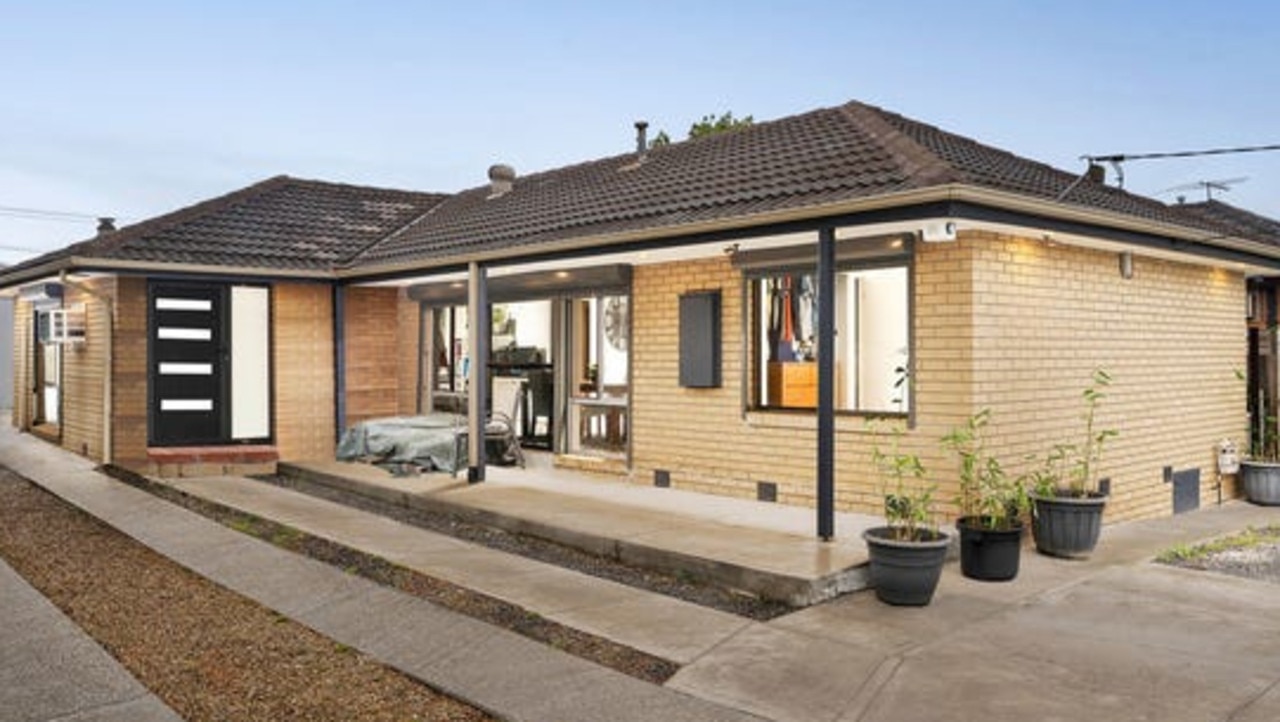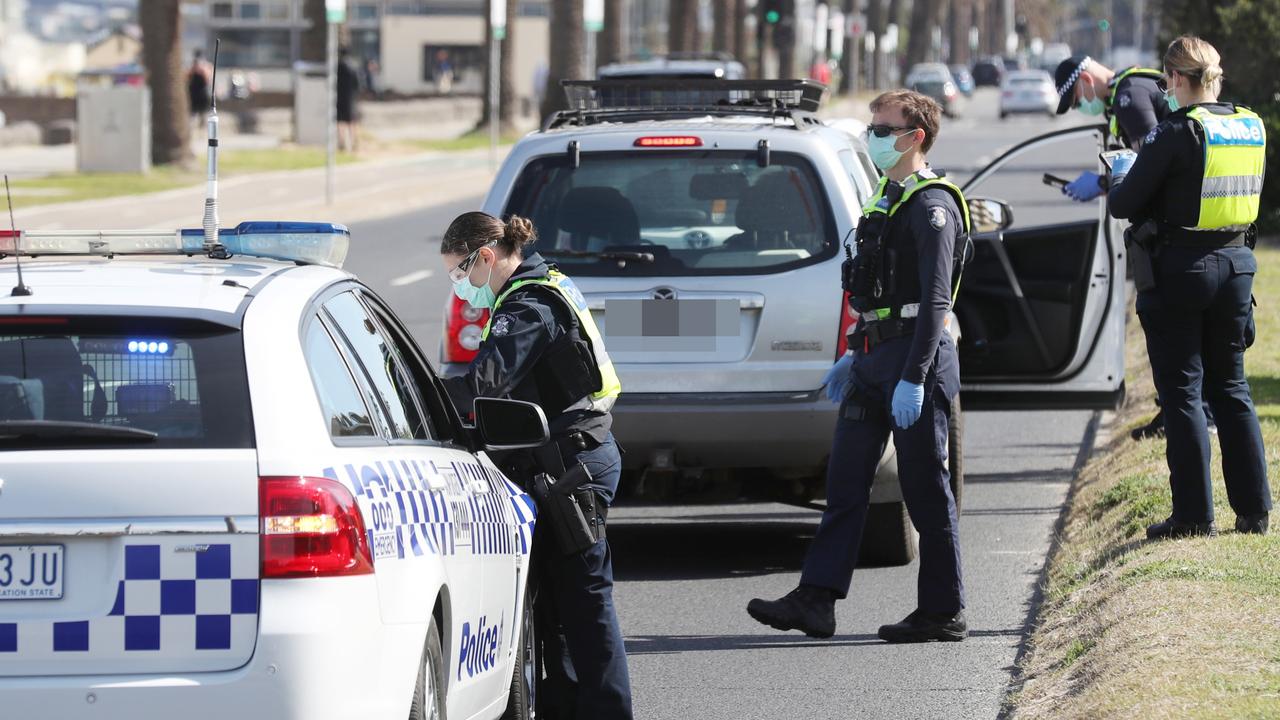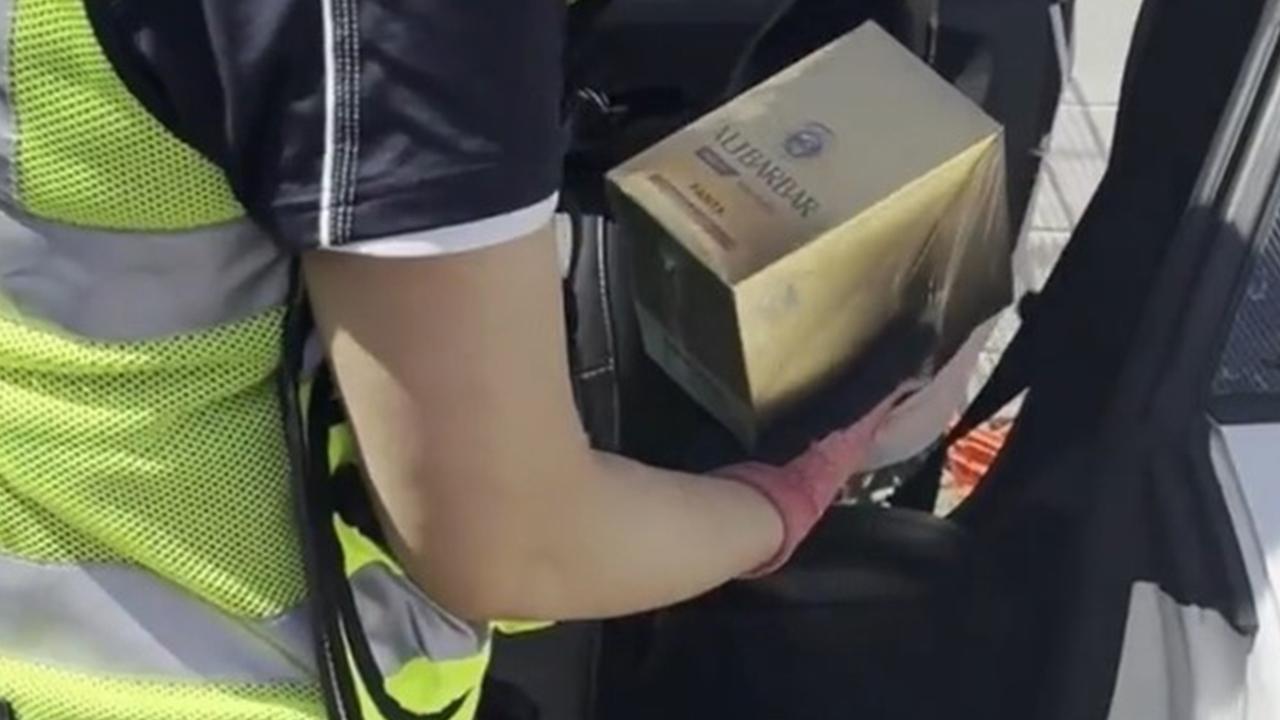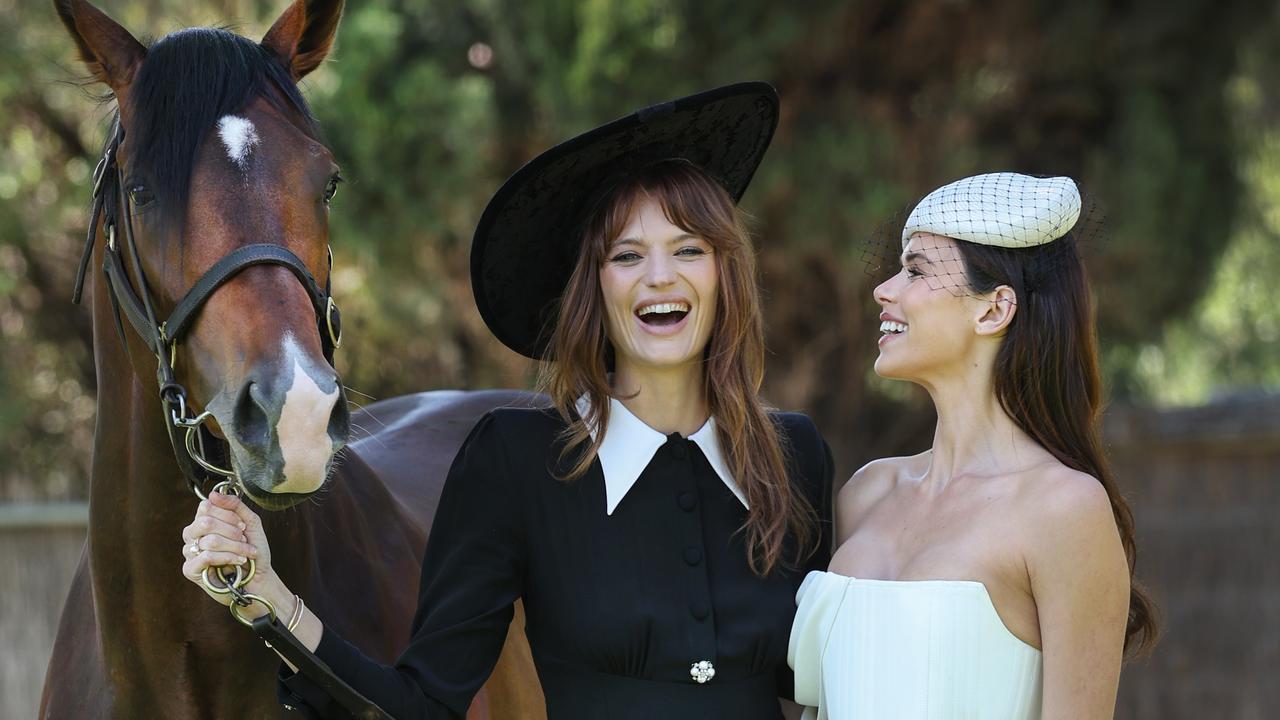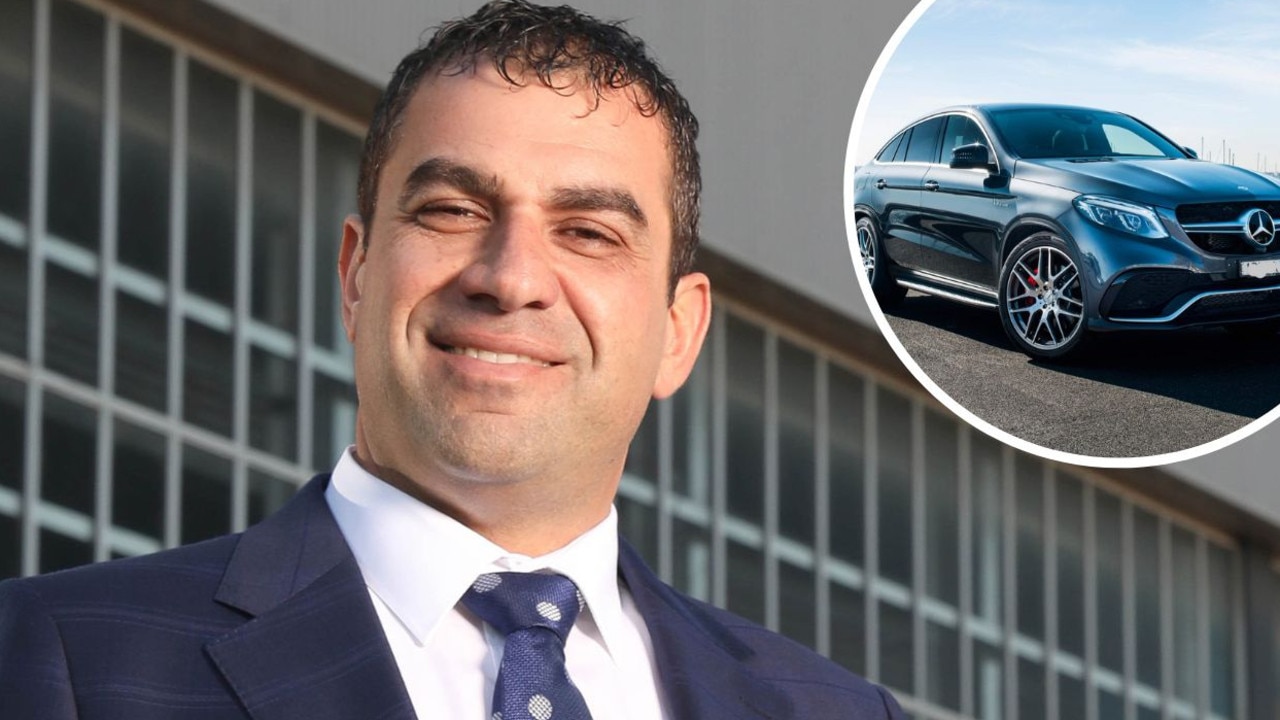Andrews government announces $9bn overhaul of Victoria’s early childhood system
A plan to overhaul Victoria’s early childhood system has received bipartisan support, with the move set to help kids catch up on learning time lost during lockdowns.

Victoria
Don't miss out on the headlines from Victoria. Followed categories will be added to My News.
Kinder will be made free for all three and four-year-old children from next year and a new “pre-prep” created under an overhaul of Victoria’s early childhood system that will also tackle cost of living.
Daniel Andrews will on Thursday announce a $9bn new investment over the next decade to provide more childcare and early education to families.
The Premier and his NSW counterpart Dominic Perrottet will both commit to providing a whole year of learning for kids before they start school.
It is estimated the system is unaffordable for 386,000 Australian families who use it, or 39 per cent, and the government will tackle this with rebates and longer hours.
It will be called the Best Start, Best Life program, as evidence shows the brain is 90 per cent developed in the first five years of life.
The announcement will be a major pillar of Labor’s re-election pitch and the biggest investment in the sector in Victoria’s history.
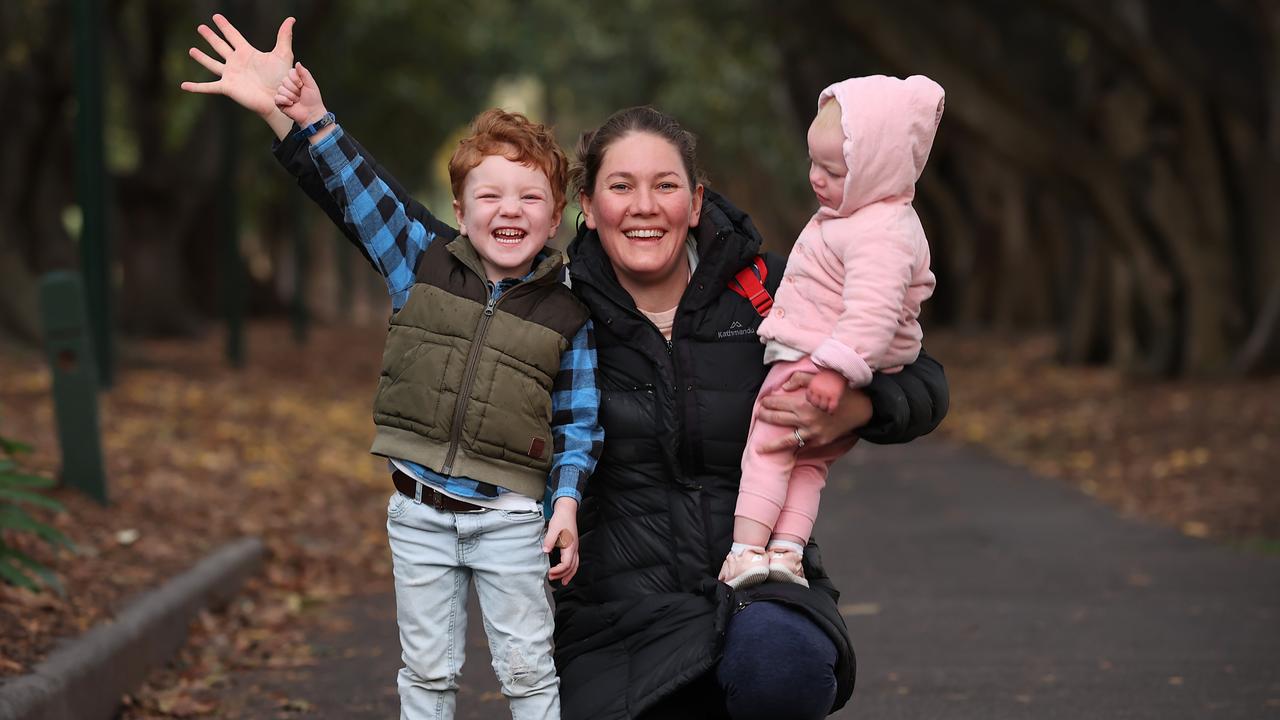
Under the scheme:
FIFTEEN hours of kinder a week will be provided free for all children aged three and four in 2023, with savings of up to $2500 per child;
A NEW universal pre-prep year will roll out from 2025, giving four-year-old children a free 30 hours a week of education; and
FIFTY government-run and low-fee centres will be set up in areas without enough childcare services.
Expanded hours and more affordable services are hoped to reduce hurdles for women to get back into the workforce at a time when Australia is facing intense labour shortages.
Workforce participation has been a major issue for Victorian women, who lost more jobs than men in the pandemic and were more likely to shoulder unpaid responsibilities.
“These massive reforms are about setting our kids up for the future and investing in women – who for far too long have had to do far too much,” Mr Andrews said.
“These are big changes, but they just make sense.”
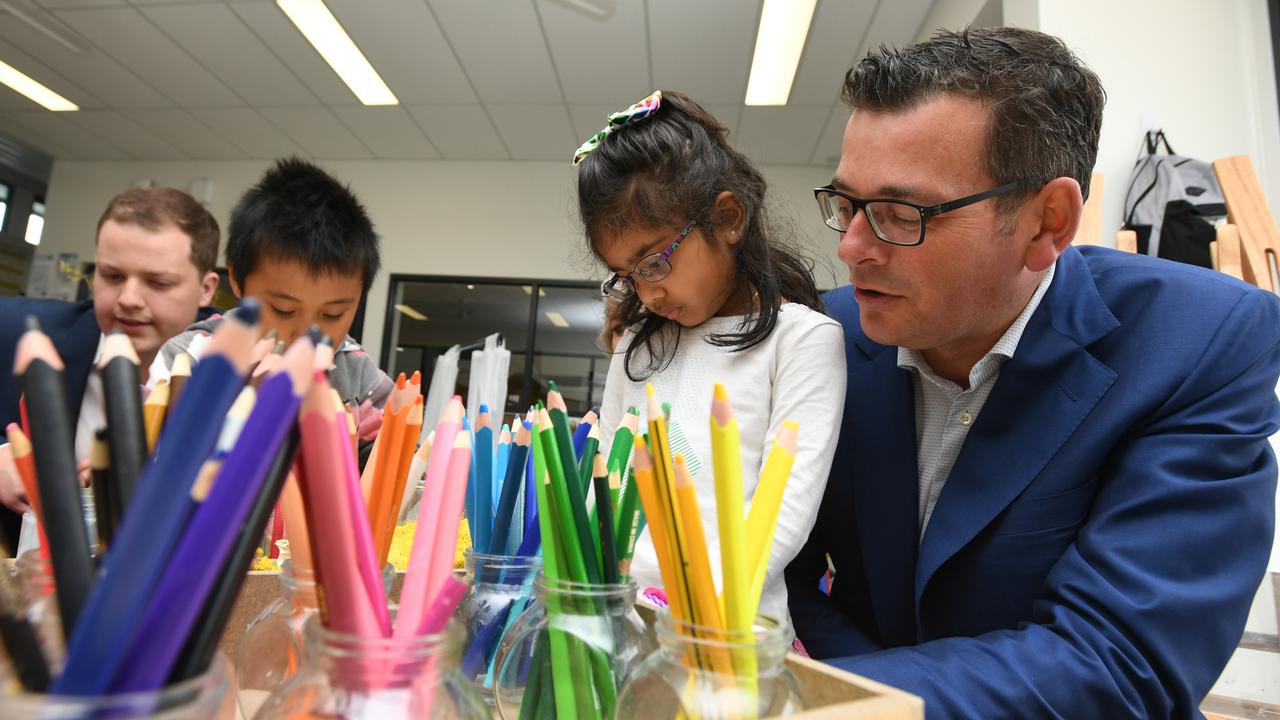
The free kinder scheme will kick in from next year with savings of up to $2500 per enrolment for sessional services and a $2000 fee reduction for long daycare services.
Cost of living is a major barrier to families using childcare.
In 2019, the median parent fee for sessional kinder in Melbourne was $1740, and in regional Victoria was $1680.
The Grattan Institute estimates the average childcare cost a day is $110.
The provision from 2025 of 30 hours’ free learning and care every week for all four-year-olds – called pre-prep –will not be mandatory, but it is expected it will be taken up by 90 per cent of families.
More centres will be built to handle the demand while extra teachers and support staff will be recruited.
The state will also set up 50 new integrated childcare centres in “childcare deserts” where there is high demand but little on offer. These include outer suburban boom areas such as Melton, Dandenong, Keilor and Casey.
The first of these centres will launch in 2025, with each open from 6.30am to 8.30pm and catering for up to 100 kids.
They will charge lower fees than private providers.
Early Childhood Minister Ingrid Stitt said families were struggling with the cost of living, and free kinder would ensure no child missed out.
The Victorian Coalition will support and implement the early childhood reforms proposed by the Andrews Government, providing bipartisan support for the changes ahead of the election.
Opposition early childhood spokesman David Hodgett said the Liberals and Nationals would back the free kinder and Pre-Prep initiative if elected in November.
“We know parents deserve clarity and long-term planning,” he said.
“The biggest challenge that continues to face parents and children is making up that lost learning after the world’s longest lockdowns.”
Mr Hodgett said the announcement was an important step but more work needs to be done.
He flagged existing staff shortages in the industry and short-term fixes such as ending vaccine mandates that could provide more employees.
“Children and students bore the brunt of the world’s longest lockdown and deserve better support and a real plan to catch up on lost learning,” Mr Hodgett said.
’CRITICAL’ SHORTAGE MAY HINDER BONANZA
A “CRITICAL” shortage of educators in the preschool and childcare sector could hinder the state government’s $9bn childcare and kindergarten overhaul, industry insiders say.
On Thursday a range of early-learning organisations expressed support for the plan, including Thrive by Five, The Parenthood and the peak body for private providers, the Australian Childcare Alliance.
Alliance spokesman Paul Mondo said the biggest priority was to “continue focusing on resolving the critical shortage of educators, which risks undermining the significant investment by the Victorian government”.
Steps such as the Early Childhood Jobs website and financial incentives to take up a teaching role, were a fantastic start to building a long-term viable sector, he said.
Early Learning and Care Council of Australia chief executive Elizabeth Death said the reforms “should be the start of a national push to offer 30 hours of free early learning to all children in Australia in the year before they start school”.
But she said “without qualified early childhood teachers in sufficient numbers, this plan will stall”.
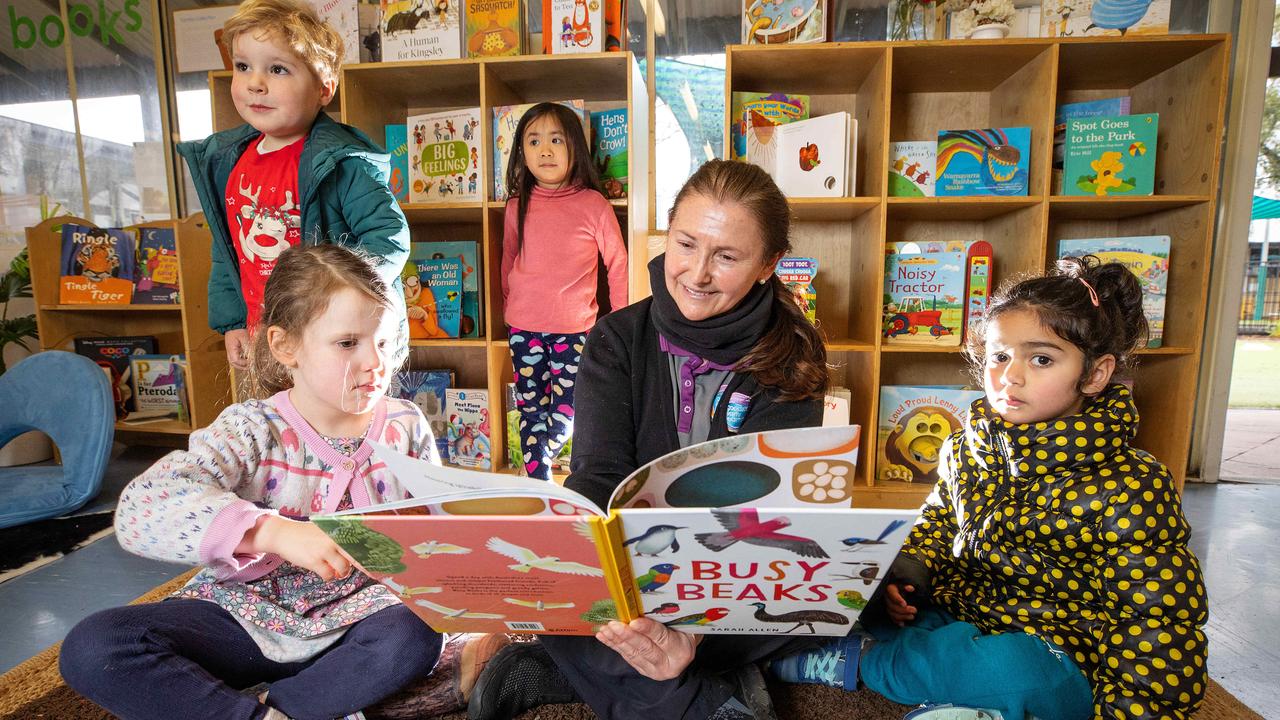
Other support for the package came from Early Learning Association of Australia chief executive David Worland, who said the program “represents real change when it comes to opportunities for women’s participation in the workforce”.
Community Child Care Association executive director Julie Price said the plan would “deliver better outcomes both for children and the workforce”.
Goodstart Early Learning chief executive Julia Davison said universal access to free preschool “will be a gamechanger in improving Australia’s educational and economic outcomes”. The Coalition will support the package, but opposition spokesman David Hodgett said staff shortages could be an issue. Short-term fixes such as ending vaccine mandates could provide more employees.
The plan was also endorsed by the Australian Education Union and the United Workers Union.
The UWU’s Helen Gibbons said the model had “the potential to address the staffing crisis by providing decent jobs for educators”.
More Coverage
Originally published as Andrews government announces $9bn overhaul of Victoria’s early childhood system




